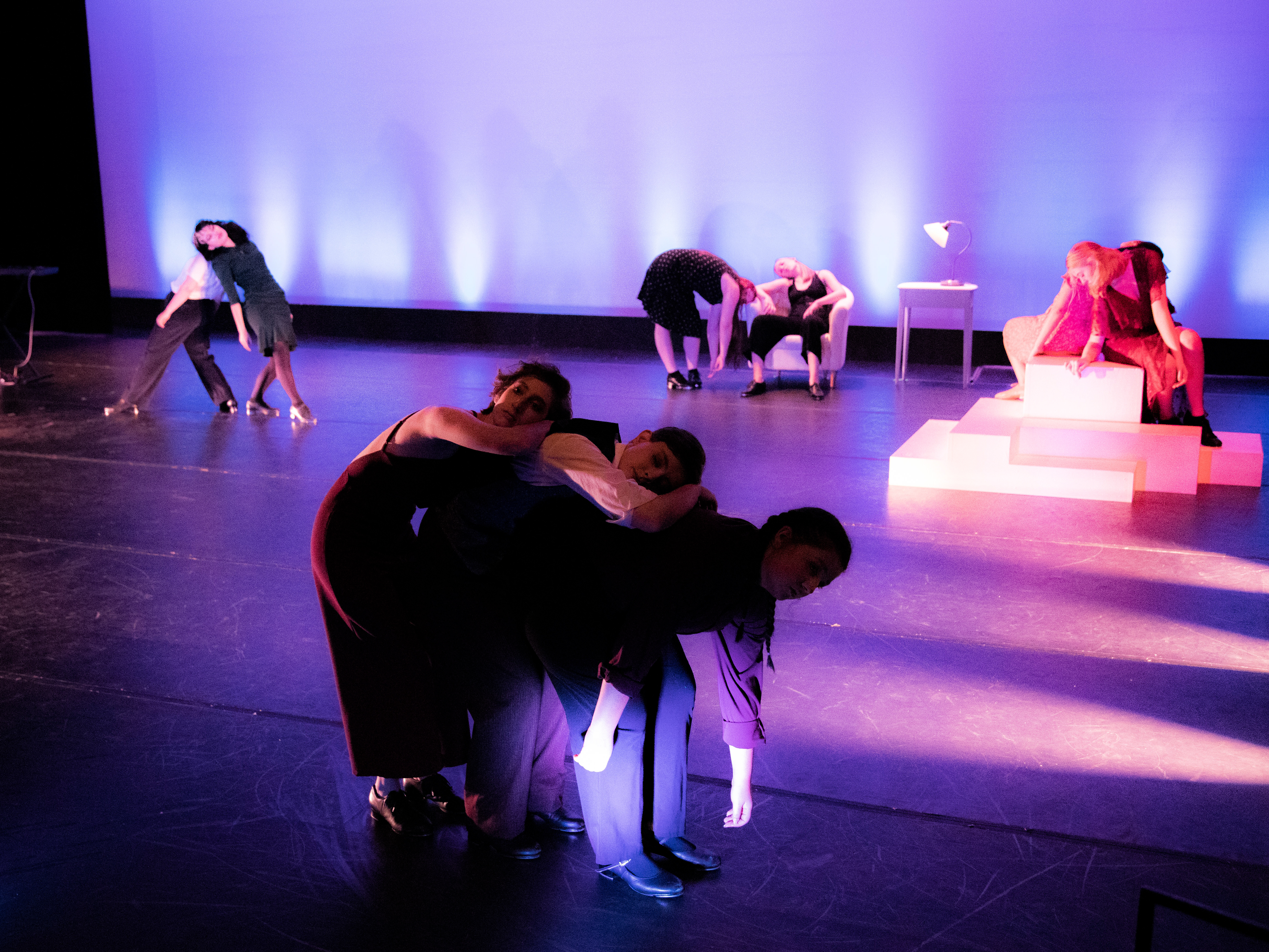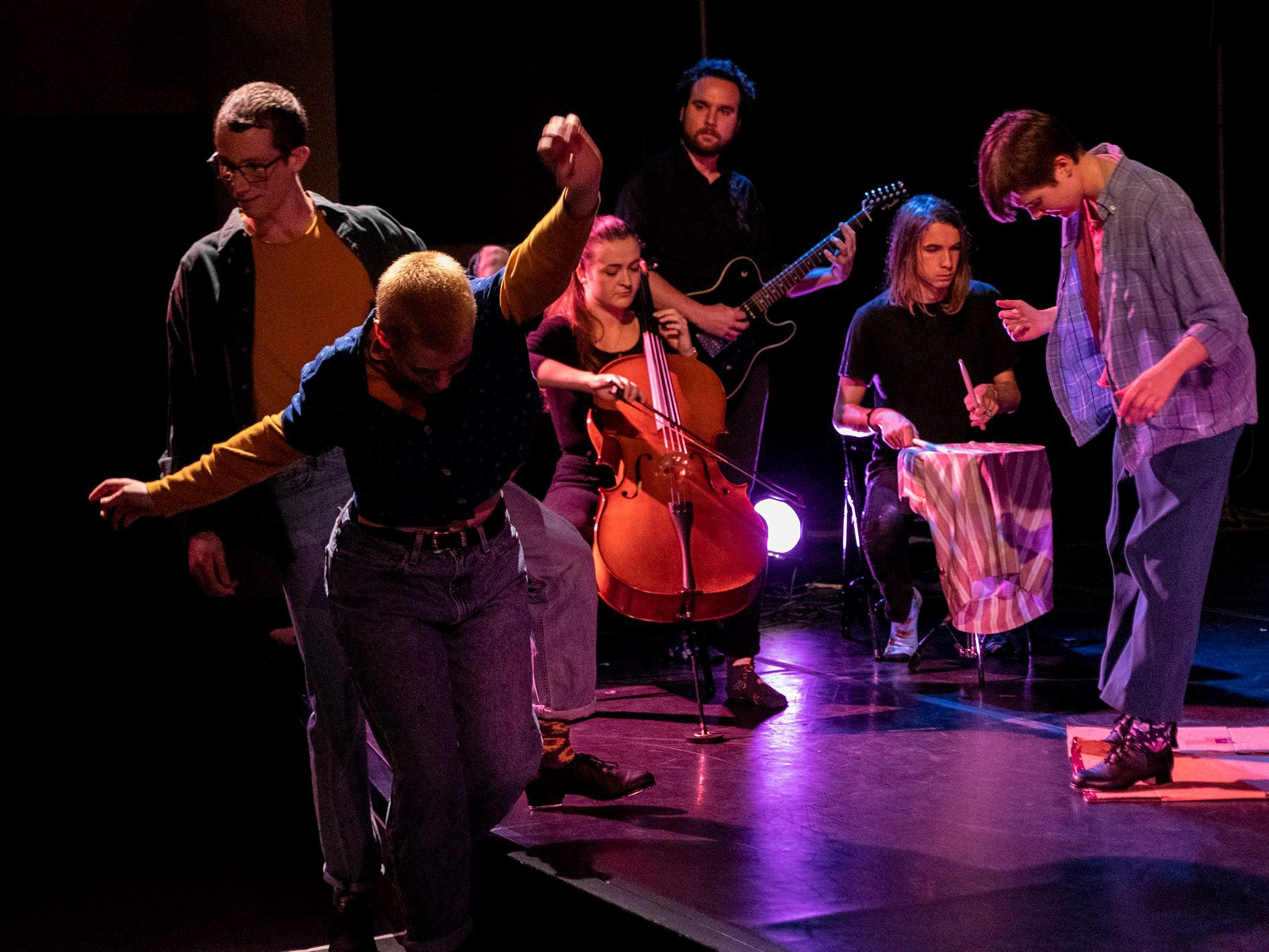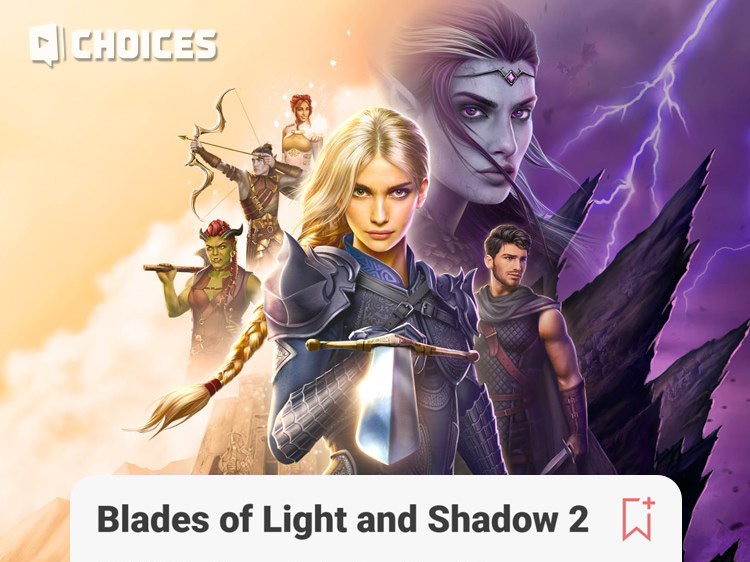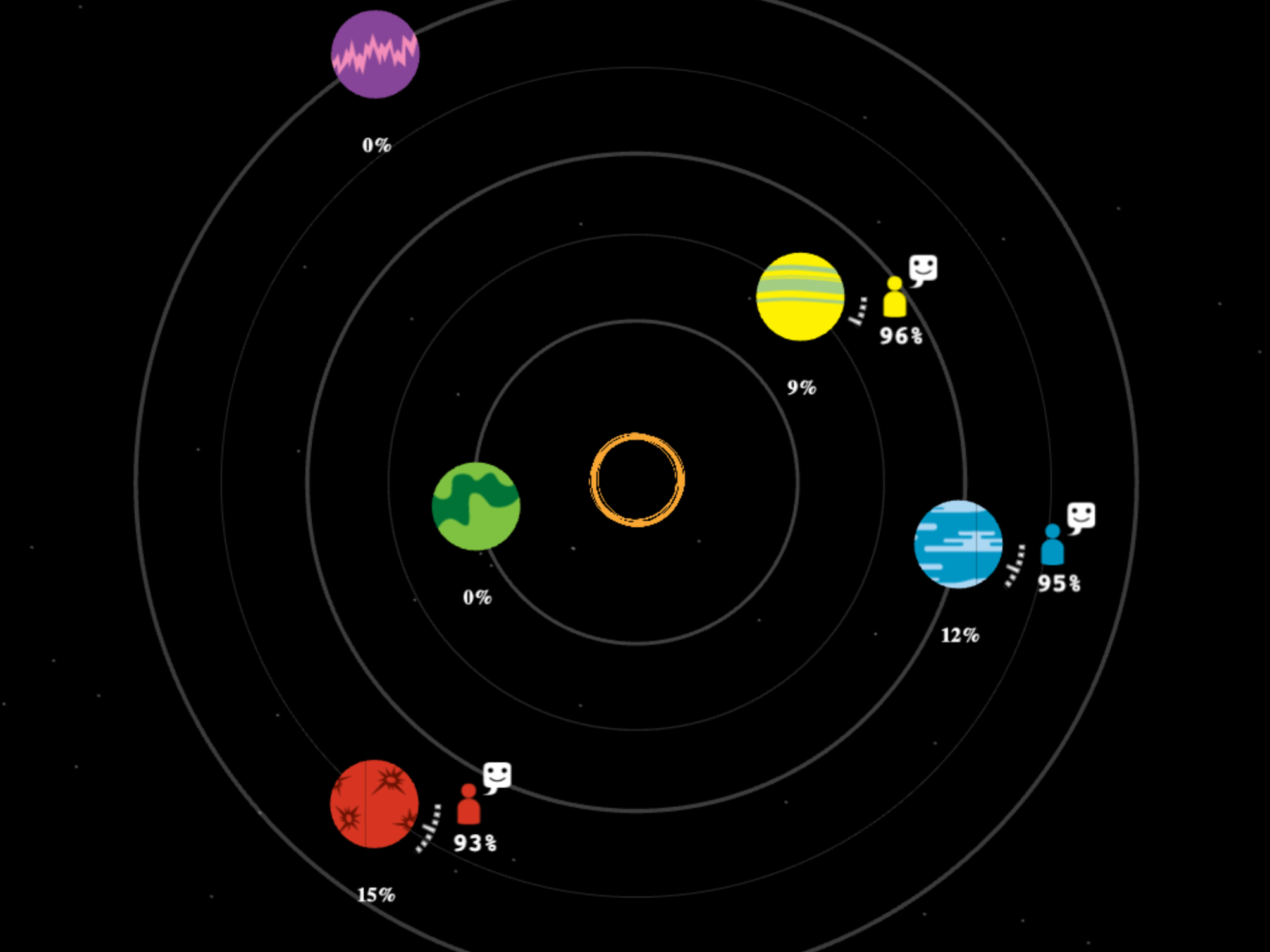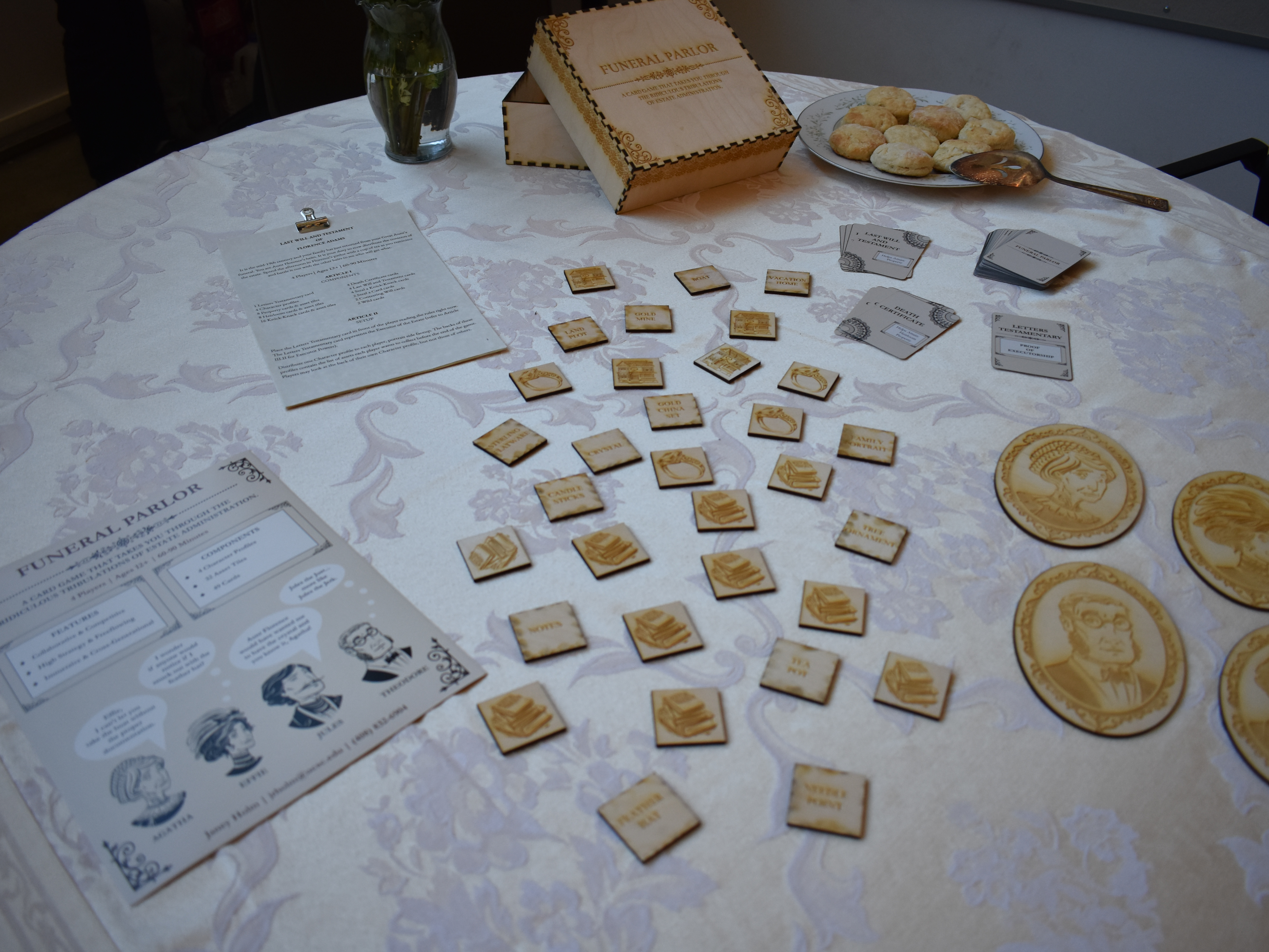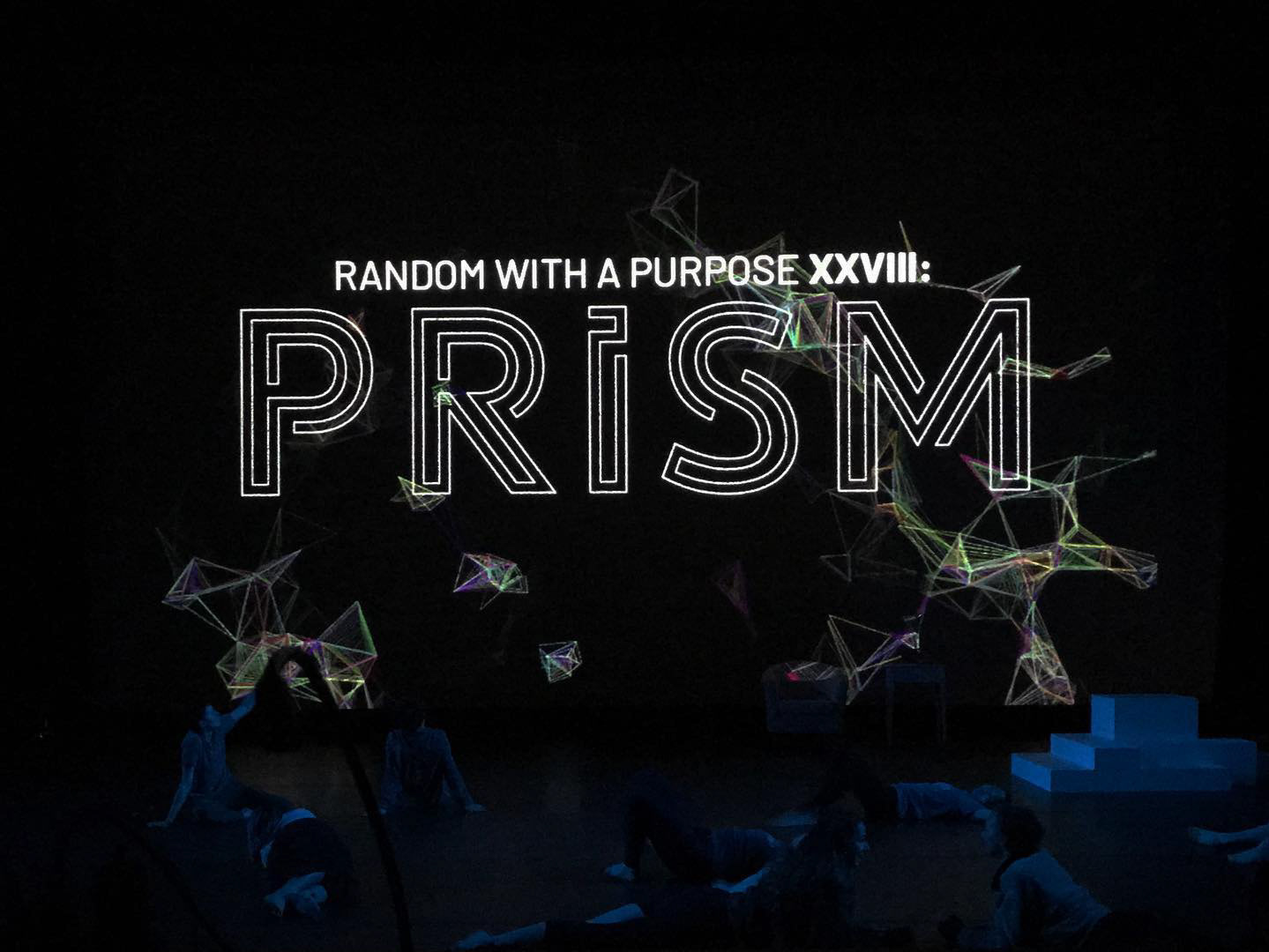Illustrations by Ari Liu
Role: Producer and Writer
Co-Creators: Tiffany Lam, Ari Liu, Reese Chong, Eric Tseng, Steven Huang, Wenbo Xie, Aaron Kanehl, Enxuan Zhou, Guanchen Liu, Jordan Timm, Mia King, Gasing Kuang
Project: Couch Competitive Video Game
Timeframe: 9 months
Engine: Unity
Shown In UCSC Games Showcase 2020
Awards Design Innovation
A game where ghosts do chores!
Watch the trailer here!
Watch a Let's Play of BOOmates by ScholarsPlay! (0:00 - 21:00)
Development & Production
Timeline BOOmates was first conceptualized in October 2019 in a team of 6 with interest in creating a game small in scope with a focus on mechanics. We prepared a prototype and presented a pitch where we received a large number of interested applicants who we then interviewed and created a team of 13 total people. 2 producers, 4 programmers, 5 artists, and 2 sound designers. In December 2019 we created our milestone goals for the next 6 months and came back in January to create our second prototype that included our core mechanics. After playtesting we revised and developed our vertical slice in March 2020. In June 2020, we were in the last stages of polishing, including implementing our final assets, fixing bugs, and improving the relation between our UI and the gamespace. As of June we have a fully functioning game with tutorial playable on itch.io.
Sprints & Scrum We used monday.com to compile and track our sprints. We operated on 2 week sprints, using Agile Devolopment. Each week we conducted one full team meeting, three stand-up meetings, one meeting for each discipline, two advisor meetings, and multiple work time meetings. We conducted Sprint Retrospectives and Weekly Recaps to improve productivity and ensure the health of our team at all times. Discord and Zoom were our main methods of communication and G Suite and Github were used for our file and code sharing.
Remote Work Due to both COLA protests and COVID-19, our team had to transition to remote operations half-way through our development period. Luckily, the majority of our operations were suitable to remote work. We continued to have the same number of meetings, but used Zoom and Discord instead of in-person. We switched to Unity Collab to make merges easier and allow our members working on graphics to try things out in the game space. Members would hop onto Discord voice chat when they were working and other members would join, often using the share screen feature to get quick feedback. This was essential for programmer and artist collaboration. We had a few live playtests where family members would play the game and stream it to us as well as play together ourselves. No in-person playtest sessions were the most difficult aspect of remote work, but we made it work!
Team Management In-person team management was not too much of a challenge. Everyone was present, everyone had reliable internet, and it was easy to work as a group. Working in-person, there is a lot more feedback given through body and face mannerisms that is mostly lost working remotely. It made me rethink how to interact with my team members. The main issues we faced during this transition was a slow of productivity and a lack of communication. Some members were seriously affected by stay at home orders and needed socialization to feel inspired to work. Some members had poor internet and could not video call. Some had increased familial responsibility and would be hard to contact and feel overwhelmed. In response, we worked with each team member to learn what support they needed to be able to finish their work; whether that meant being responsible for less work or finding ways to create normality in this scary time. We also formulated an honor code that held our members accountable for each other and themselves to follow and uphold rather than a strike or punishment based system. Overall, our team managed to create a positive environment full of creativity.


